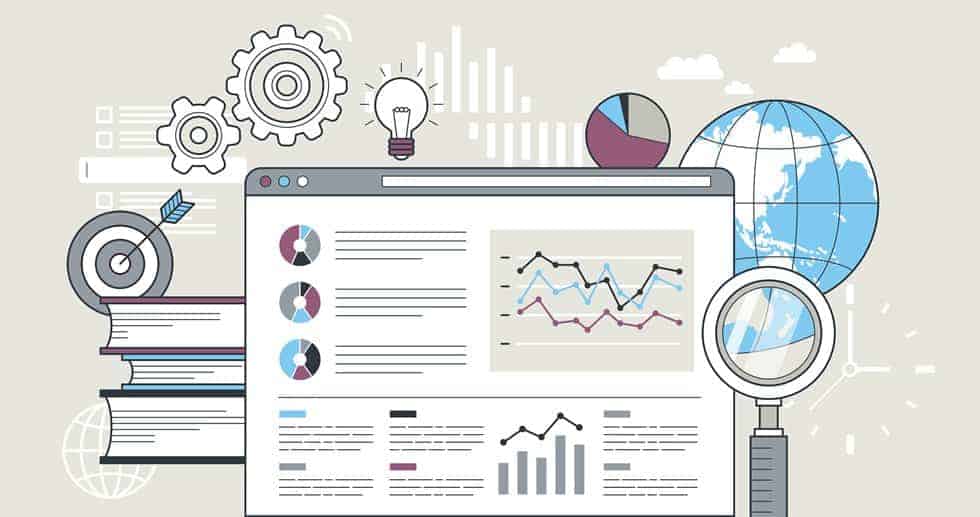Different types of technologies have been instrumental in recent years when it comes to changing how we live, work and run businesses. For example, it is now possible for companies to automatically monitor, manage and analyze nearly every event that occurs within their ecosystem and/or platform into a log (visit website to learn more). Something like this would have been absolutely unheard of up until very recently.
Of course, another place that technology has also had a huge role is shopping and retail. More and more people are doing their shopping online and this has led to a ton of growth in the ecommerce industry. In fact, the global sales of the ecommerce market are believed to be nearly $30 trillion, and are likely to go even higher. As with all industries that are growing, new and exciting trends have emerged in the ecommerce space.
There are many new technologies, ideas, processes and practices that companies are using to get ahead. One of these is the use of big data. The field of big data is all about analyzing and gaining important insight from very large databases.
But what sorts of benefits can using big data have to companies in the ecommerce space? With all of that in mind, this blog post will look at some of the various applications for big data in ecommerce.
Predict Trends in Customer Behavior

Predicting the behavior of customers is a very common use case for big data. By using this data, many companies are able to predict what customers will buy. This can help you to decide how much inventory to carry, what products to push and a variety of other things.
However, in addition to predicting what they will buy, there are several other behaviors that can be predicted. Companies can predict when they will buy, how much they will spend and may even predict which items may be bought together more frequently.
As you can imagine, being able to predict all of these things can help a company be more profitable and reduce waste.
Personalize the Overall Experience
The expectations of customers have changed rapidly along with the advancements in the ecommerce space. It is no longer okay to offer a generalized experience that is the same for everyone. Customers want to feel truly valued, and not like another number or random customer. If you treat them wrong, they will almost certainly move onto a competitor of yours.
Big data can help companies achieve this personalization without having to spend a ton of time or money. It can help you create personalized emails, personalized offers based on interests and show them the products on the page that they want to see.
Even creating dynamic pricing and targeted ads is possible thanks to big data analysis. A great example of a personalized shopping experience is Amazon. They do a great job at using big data to recognize the interests of their shoppers and consistently show accurate recommendations.
Improve Customer Service Efforts
Whether people are purchasing in-store or online, customer service is important. Customers that are unimpressed with your customer service are likely to cease shopping with you. Not only that, they will also likely tell others about their experience. It is also much less costly to retain customers than it is to find new ones.
As a result, you need to offer easily-available and responsive customer service solutions. This could be an email address or phone number, but many more shoppers want live chat functionality to get their problems dealt with in seconds.
Big data can help customer service by recognizing problem areas, using data from previous interaction. Once identified, you can work on improving these issues and be well on your way to a higher quality customer service experience.
In conclusion, hopefully this article has been able to help you learn a bit more about the value and uses cases of big data in ecommerce.





